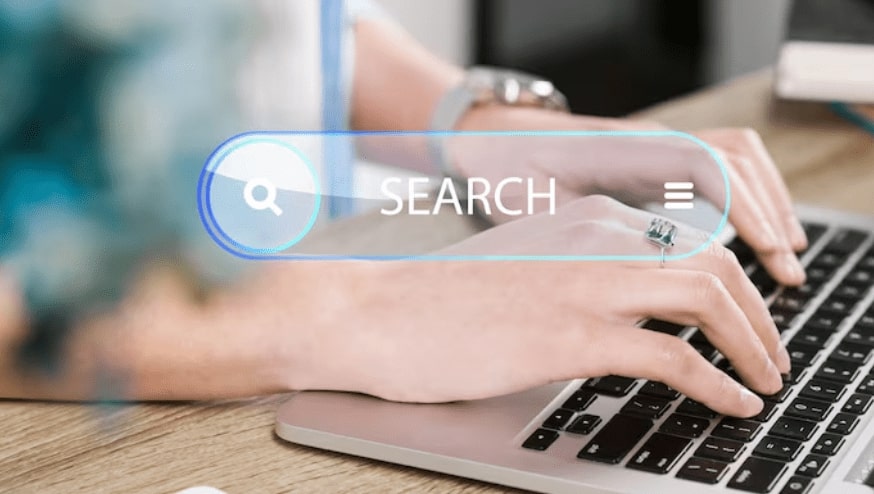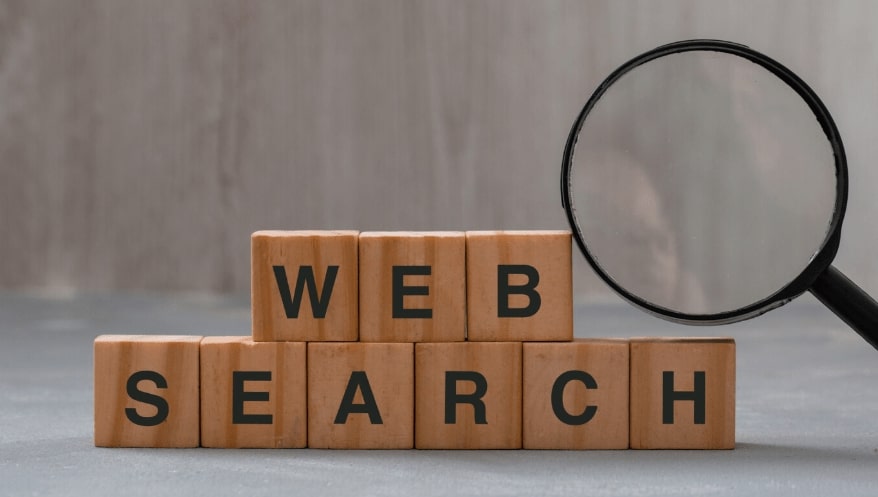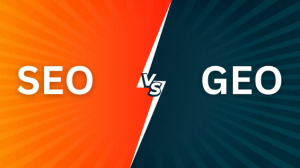When you hear marketers talking about SEO, they usually refer to two categories: On-Page SEO and Off-Page SEO. Both are critical, but they serve different purposes. On-page SEO ensures your website is built correctly, with optimized content, a clean structure, and a user-friendly experience. Off-page SEO, on the other hand, focuses on building authority and credibility through external signals like backlinks, reviews, and mentions.
For business owners in the UAE and worldwide, knowing how these two sides of SEO interact can be the difference between being buried on page three of Google or consistently showing up in front of your target audience. This guide explores On-Page vs Off-Page SEO in detail, what they mean, how they differ, and why you need both for sustainable digital growth.

Why On-Page SEO Is Your Foundation and Off-Page Is Its Power Booster
Think of your website as a building. On-page SEO is the foundation of the structure, design, and livability of the space. If the foundation is weak, no amount of decoration will keep the building standing. Off-page SEO acts as the booster for the recommendations and endorsements from others that make your website the most visited in the neighborhood.- On-page SEO builds relevance. Search engines analyze your website’s structure, titles, and content to determine what queries you should rank for.
- Off-page SEO builds authority. External websites linking to you or people mentioning your brand increase your trustworthiness in the eyes of Google.
On-Page SEO: Practical Steps You Control
The biggest advantage of on-page SEO is that you are in complete control. Every detail of your website can be optimized for both search engines and users. Here are the essentials:- Title Tags and Meta Descriptions
- Titles should include target keywords naturally.
- Meta descriptions should persuade users to click while summarizing the page’s value. Header Tags (H1, H2, H3)
- Use clear, structured headings with relevant keywords.
- For example, a clinic in Abu Dhabi may use H2s like “Physiotherapy Services in UAE” or “Sports Injury Treatments.”
- Internal Linking
- Connect related content within your website.
- This not only helps users navigate but also signals topical depth to search engines.
- Mobile Optimization and Site Speed
- Google prioritizes mobile-first indexing.
- A site that loads in under 3 seconds can significantly improve rankings and reduce bounce rates.
- Content Quality
- Blog posts, service pages, and landing pages should answer user intent comprehensively.
- Example: A UAE e-commerce store could include detailed product guides, FAQs, and video demos.

Off-Page SEO: Building Trust and Authority Beyond Your Site
While on-page SEO makes your website attractive and functional, off-page SEO signals to Google that your site deserves to rank above others. It’s like getting votes of confidence from the online community. Key elements of off-page SEO include:- Backlink Building High-quality backlinks from reputable websites act as endorsements. For example, a UAE real estate portal being linked by Gulf News or Khaleej Times instantly boosts credibility.
- Brand Mentions Even without a hyperlink, when people talk about your business online, it strengthens your reputation.
- Social Signals Shares, likes, and engagement on platforms like LinkedIn and Instagram show that your content resonates with people.
- Local SEO & Citations Ensuring your business name, address, and phone number are consistent across directories and Google Business Profile helps with local rankings.
On-Page vs. Off-Page SEO in Practice: How They Work Together
To maximize results, businesses must combine both strategies. Here’s how they complement each other in real-world practice:- Optimized Content Attracts Links
- A blog post that’s well-researched and keyword-optimized (on-page SEO) is more likely to be shared and cited (off-page SEO).
- Engagement Signals Improve Rankings
- If your on-page content keeps users engaged, they’re more likely to share it or link to it, boosting off-page value.
- Local SEO Integration
- A restaurant in Dubai may optimize its menu and service pages with local keywords (on-page), while guest blogs and local directory listings provide off-page strength.
Which Comes First? Why On-Page SEO Leads to Off-Page Success
Many business owners ask: Should I start with link building or fixing my website first? The answer is clear: on-page SEO comes first. Here’s why:- A poorly structured website with slow loading speeds and thin content won’t retain visitors, even if backlinks push traffic toward it.
- Search engines need clarity about your pages before they can evaluate external signals.
Let an Agency Handle Both For a Balanced SEO That Converts
SEO requires balance. Focusing only on technical optimization without authority-building won’t bring results. Similarly, chasing backlinks without a strong website structure leads to wasted investment. That’s why many businesses in the UAE and beyond partner with experienced agencies. A professional team like HDM Agency can:- Audit your site for on-page improvements.
- Create content strategies that target both local and global markets.
- Build white-hat backlinks that strengthen authority.
- Track performance metrics to prove ROI.




